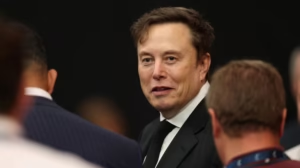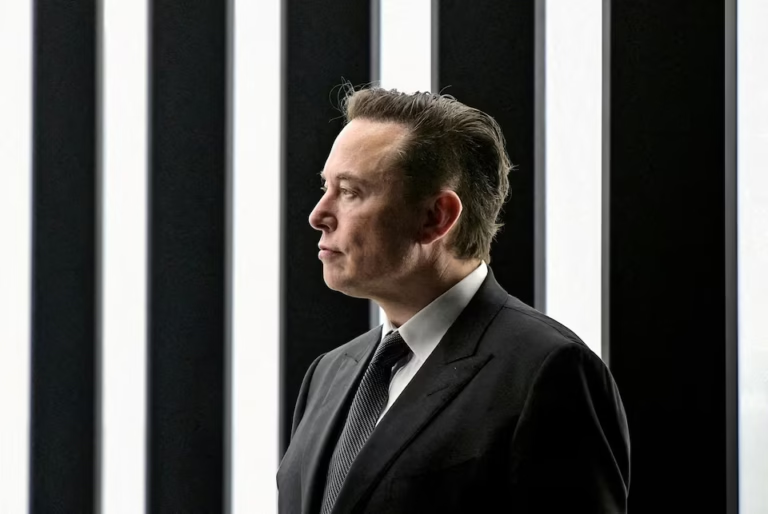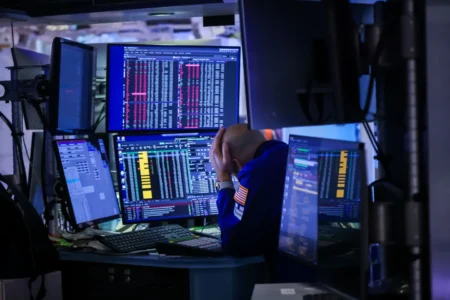Tesla faces a high-stakes decision as shareholders prepare to vote on a new compensation plan for Elon Musk. The proposal could grant Musk up to $878 billion in company stock. The board says this is needed to keep Musk in charge and continue the company’s ambitious growth plans. Investors now must choose between approving the pay package or risking Musk’s departure, which could sharply affect Tesla’s stock.
The plan ties Musk’s compensation to strict performance targets. If he meets all the goals, Tesla’s market value could reach $8.5 trillion within a decade. Musk would own about a quarter of the stock. Even if he falls short of many targets, he could still earn tens of billions of dollars. This makes it one of the largest compensation plans ever for a CEO. Many investors argue that Musk’s leadership is essential to achieving Tesla’s vision of self-driving cars and humanoid robots.
Supporters say Musk has proven his ability to increase Tesla’s stock value. They believe that the potential rewards justify the size of the package. Some investors feel that his innovation and leadership are unmatched and that losing him could threaten the company’s future. They see the vote as a decision not just on pay, but on whether Tesla can maintain its technological edge.
Other investors and corporate governance experts warn of risks. They argue that placing so much control in one person can create conflicts of interest and reduce accountability. Boards should remain open to leadership competition, but Tesla’s plan focuses heavily on retaining Musk. Critics say that relying on a single leader for the company’s future is dangerous, even if the CEO has an exceptional track record.
The threat of Musk leaving has been a key factor in the board’s decision. He has other ventures, including SpaceX, Neuralink, and an AI startup, which he could prioritize if the pay terms are not agreed upon. The board has built in stock vesting periods and other provisions to encourage his long-term commitment. Experts say these measures aim to align Musk’s interests with shareholder value, ensuring he holds the shares he earns for several years.
Tesla’s current stock value adds leverage to Musk’s position. The company’s $1.5 trillion market capitalization is largely based on investor confidence in his promises for autonomous vehicles and robotics. The risk of his exit alone could cause the stock to drop, giving him considerable bargaining power. Some observers view the vote as a test of corporate governance, questioning whether boards should yield to pressure from a high-profile CEO.
The compensation plan has drawn attention from major institutional investors. Some, including large U.S. pension funds and Norway’s sovereign wealth fund, have expressed concern that it may dilute shareholder value. They also warn that it does not fully address the risks of relying heavily on one executive. Tesla’s board, however, argues that the plan is structured to reward performance and long-term growth, not just immediate pay.
Musk’s personal stake gives him further influence over the vote. While he did not vote on past packages, changes in state law now allow him to vote his shares. Observers note that Musk already owns enough stock to become the world’s first trillionaire if he meets performance goals, making the compensation an extension of his existing wealth. The board sees the package as a way to secure continuity in leadership and sustain investor confidence.
Shareholders are facing a choice that could define Tesla’s future. Approving the package signals trust in Musk’s leadership, while rejecting it carries the risk of his exit. The decision highlights the delicate balance between executive power and corporate governance. Investors and analysts will watch closely as the vote approaches, understanding that the outcome could have wide-reaching effects on Tesla, its stock, and the broader technology and automotive sectors.







